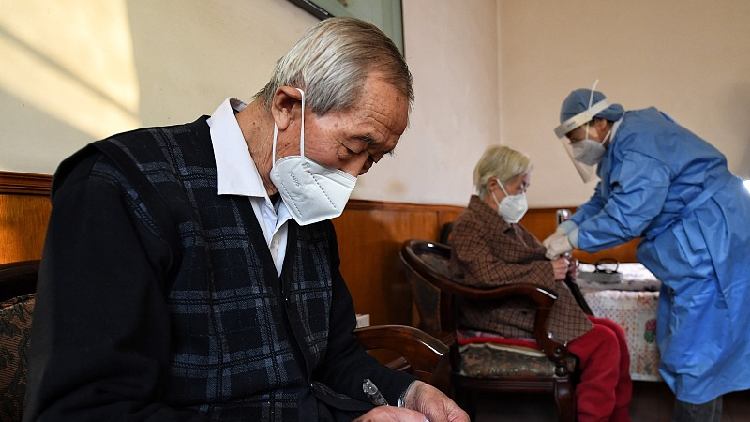Covid-19: Florida’s surgeon general used “careless” research practice in recommending against vaccination, his university finds – The BMJ


- Owen Dyer
- Montreal
Florida’s surgeon general violated his university’s rules against “careless, irregular, or contentious research practices” in recommending against mRNA coronavirus vaccination for males aged 18-39, according to a report by his colleagues at the University of Florida’s faculty of medicine.
Joseph Ladapo, who was appointed by Florida’s governor Ron DeSantis, an outspoken critic of vaccines, became the only one of the country’s 50 state surgeons general to contradict federal health authorities, and the overwhelming consensus of experts, by recommending last October against the mRNA vaccination of young men. He cited the risk of cardiomyopathy.
At the state’s urging, Ladapo was given a tenured post at the University of Florida soon after his appointment to surgeon general. But his positions on coronavirus vaccines, masks, and social distancing have alarmed colleagues there, and his recommendation against vaccinating young men drew widespread condemnation.
A report by the college of medicine’s faculty council found that he based that decision on “careless and contentious research practice” which “may have violated faculty policy on research integrity.”
The authors asked that the report be forwarded to the university’s research integrity officer. But that officer, David Norton, vice president for research, said in a statement that because Ladapo was working in his capacity as a public servant and not as a faculty member, his office “has no standing to consider the allegations or concerns regarding research integrity.”
Faculty members who wrote the report have not publicly commented on that response and did not respond to inquiries from The BMJ. The report has not been published, though a copy was obtained by the Washington Post.1
It does not allege research misconduct—the fabrication of data—but the lesser charge of a research integrity violation, which involves cherry picking or misrepresenting data. Ladapo is accused of basing his recommendation on a single unpublished study commissioned by his health department, without named authors or peer review, which he said showed a statistically significant increase in cardiac related deaths in this age group in the 25 weeks following vaccination.2
This study would not have shown a statistically significant increase in cardiac deaths if best statistical practice had been used in the analysis of data, the faculty committee said. In citing it, Ladapo ignored multiple caveats mentioned by the unnamed authors, including the possibility that the attributions of cardiac causes to these deaths might themselves be unreliable, since patients’ medical records were not available.
The small sample size was inappropriate for a study used to guide public health policy, the report argued. Ladapo cherry picked his evidence, ignoring the lack of increase in all cause mortality following vaccination. He also disregarded numerous far larger peer reviewed studies which found cardiomyopathy to be rare and generally mild following the vaccination of young men, with no increase in mortality.3456
Above all, the committee found, Ladapo’s approach to health policy decision making was fundamentally flawed, because it considered only the risks and none of the benefits of coronavirus vaccination.
Ladapo has not commented on the report, but responded to criticism of his recommendation in October with an article in the Wall Street Journal, pointing to a UK study of cardiac deaths following infection and vaccination. That research concluded, however, that there was “no evidence of an association between covid-19 vaccination and an increased risk of death in young people.”7
Last month, Ladapo announced a new study into cardiomyopathy after vaccination. “It is a question that I’m sure keeps the chief executives of Pfizer and Moderna up late at night, hoping no one ever looks,” he told reporters. “But we’re going to look here in Florida.”
This article is made freely available for personal use in accordance with BMJ’s website terms and conditions for the duration of the covid-19 pandemic or until otherwise determined by BMJ. You may download and print the article for any lawful, non-commercial purpose (including text and data mining) provided that all copyright notices and trade marks are retained.



